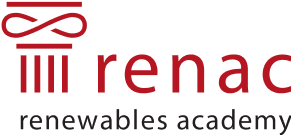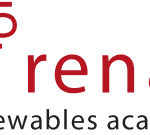This website uses cookies so that we can provide you with the best user experience possible. Cookie information is stored in your browser and performs functions such as recognising you when you return to our website and helping our team to understand which sections of the website you find most interesting and useful.
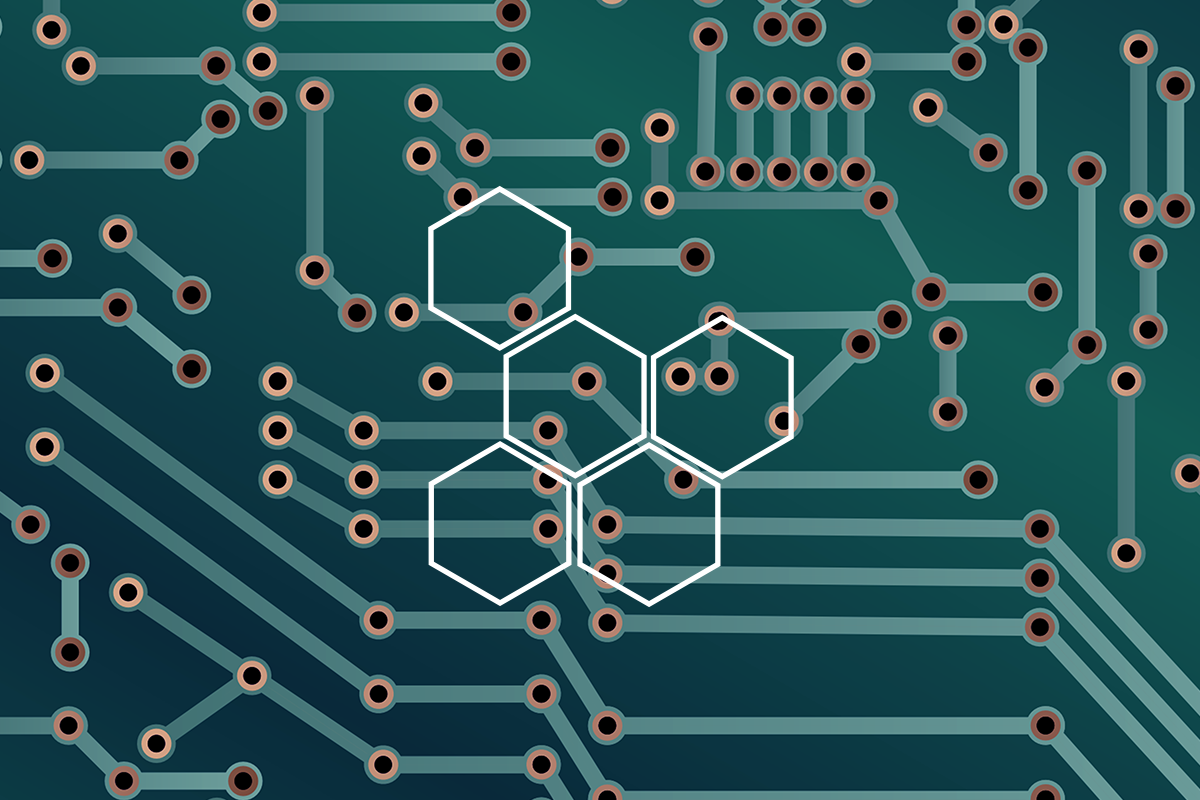
Digitalisation and Smart Technologies for the Power Sector
- Power system planning
The digitalisation of power systems can contribute to decarbonisation and other sustainability goals. This course focuses on the opportunities, risks, and economics of the digitalisation of energy networks and systems.
€240 excl. VAT
- 19% VAT: private customers resident in the EU, companies/ public organisations and NGOs in Germany
- No VAT: private customers resident outside the EU, companies/ public organisations and NGOs outside Germany
1 month
About 20 hours
English
Online
01/07/2023
03/07/2023
Description
Description
A large part of the power sector has already been digitalised. The more that generation shifts from centralised thermal systems to decentralised, renewable systems, the greater the potential for applying modern digital tools in system control. Digitalisation is the key technology that makes it possible to organise decentralised networks and thus contribute to decarbonisation while maintaining a high level of security of supply.
In this course, you will learn why digitalisation is a key driver for building the sustainable power systems of the future and how it can contribute to decarbonisation.
The course focuses on:
- The energy economics background of digitalisation of the power sector
- Opportunities and risks of digitalisation for sustainability and decarbonisation
- Key technologies
- Smart generation, transmission and consumption
- Smart markets and process
- Risks and cyber security
Receive a reminder one week before the registration deadline.
Learning Objectives
Learning objectives
After completing this course, you should be able to:
- identify the areas of the power sector which are most affected by digitalisation;
- assess potential advantages for society, the economy and market participants arising from the digitalisation of the power sector;
- identify and explain the most important technologies which form the basis for the current digitalisation of the power sector;
- explain how these technologies can be applied in order to optimise generation, transmission, storage and consumption of electrical power;
- understand which aspects of digitalisation support decarbonisation and energy efficiency efforts, and which can put these objectives at risk;
- demonstrate how digital technologies shape existing markets and processes, and how they may create new ones; and
- describe the risks arising from the increasing digitalisation of the power sector and create counter measures against potential attacks.
Target Groups
Target groups
This course is suitable for those whom:
- are involved in the energy sector and want to understand the link between digitalisation and energy; or
- would like to become well acquainted with current trends in smart grid development.
RENAC certificate upon successful completion of the course for participants who score 70% or higher on the exam.
Features
Features
Flexibility to study at any time and from any location
Moderated discussion forum for students
Multimedia learning materials
RENAC certificate upon successful completion of the training
We offer discounts for our alumni, group bookings, and multiple purchases. Contact us for further details.
Contact with learning facilitators
Self-assessments
Certification
Additional Information
Lecturers
Lecturers
There aren't any lecturers in this training.
-
Description
-
Learning Objectives
-
Target Groups
-
Features
-
Lecturers
Description
A large part of the power sector has already been digitalised. The more that generation shifts from centralised thermal systems to decentralised, renewable systems, the greater the potential for applying modern digital tools in system control. Digitalisation is the key technology that makes it possible to organise decentralised networks and thus contribute to decarbonisation while maintaining a high level of security of supply.
In this course, you will learn why digitalisation is a key driver for building the sustainable power systems of the future and how it can contribute to decarbonisation.
The course focuses on:
- The energy economics background of digitalisation of the power sector
- Opportunities and risks of digitalisation for sustainability and decarbonisation
- Key technologies
- Smart generation, transmission and consumption
- Smart markets and process
- Risks and cyber security
Receive a reminder one week before the registration deadline.
Learning objectives
After completing this course, you should be able to:
- identify the areas of the power sector which are most affected by digitalisation;
- assess potential advantages for society, the economy and market participants arising from the digitalisation of the power sector;
- identify and explain the most important technologies which form the basis for the current digitalisation of the power sector;
- explain how these technologies can be applied in order to optimise generation, transmission, storage and consumption of electrical power;
- understand which aspects of digitalisation support decarbonisation and energy efficiency efforts, and which can put these objectives at risk;
- demonstrate how digital technologies shape existing markets and processes, and how they may create new ones; and
- describe the risks arising from the increasing digitalisation of the power sector and create counter measures against potential attacks.
Target groups
This course is suitable for those whom:
- are involved in the energy sector and want to understand the link between digitalisation and energy; or
- would like to become well acquainted with current trends in smart grid development.
RENAC certificate upon successful completion of the course for participants who score 70% or higher on the exam.
Features
Flexibility to study at any time and from any location
Moderated discussion forum for students
Multimedia learning materials
RENAC certificate upon successful completion of the training
We offer discounts for our alumni, group bookings, and multiple purchases. Contact us for further details.
Contact with learning facilitators
Self-assessments
Certification
Additional Information
Lecturers
There aren't any lecturers in this training.
Testimonials
“Fantastic! I recommend the course to anyone who wants to learn the basics of power sector digitalisation.”
Overall experience was good. Responses from the technical coordinator were spot on. Overall content provided was really up to date with lots of references. Thank you!
It was really awesome to attend this training. I appreciate RENAC for its activities in RE sector.
The curriculum and instructors were really great with the concept. This course has helped in laying foundation to my understanding towards the digitalization of power grids.
Interested in RENAC trainings?

Type of training:
Next Date:
Duration:
Fee:
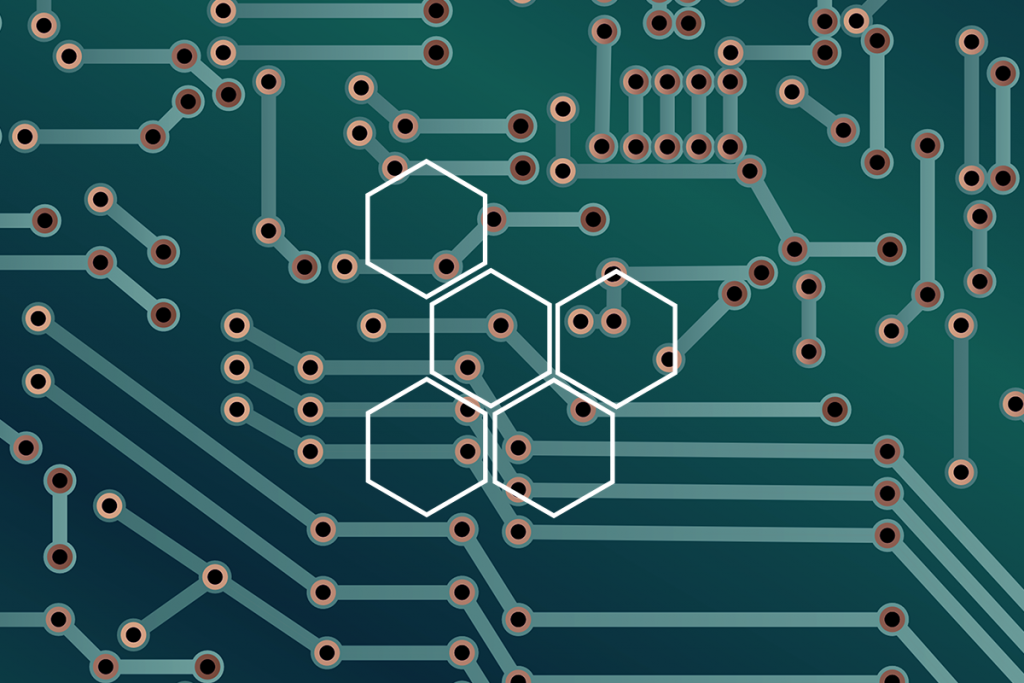
Type of training:
Next Date:
Duration:
Fee:

Type of training:
Next Date:
Duration:
Fee:
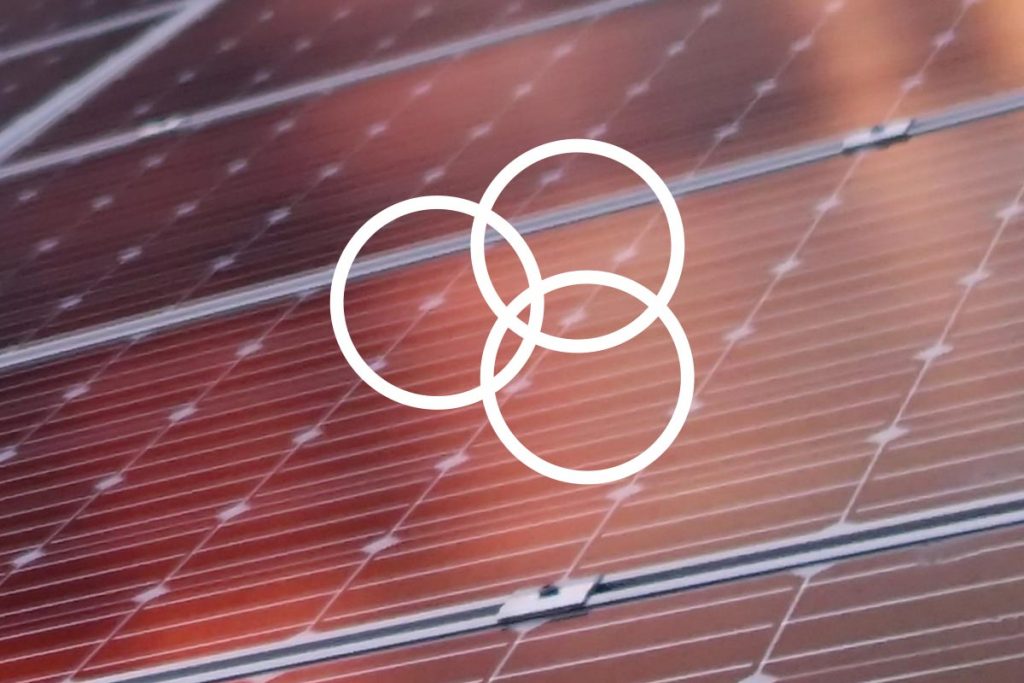
Type of training:
Next Date:
Duration:
Fee:

Type of training:
Next Date:
Duration:
Fee:
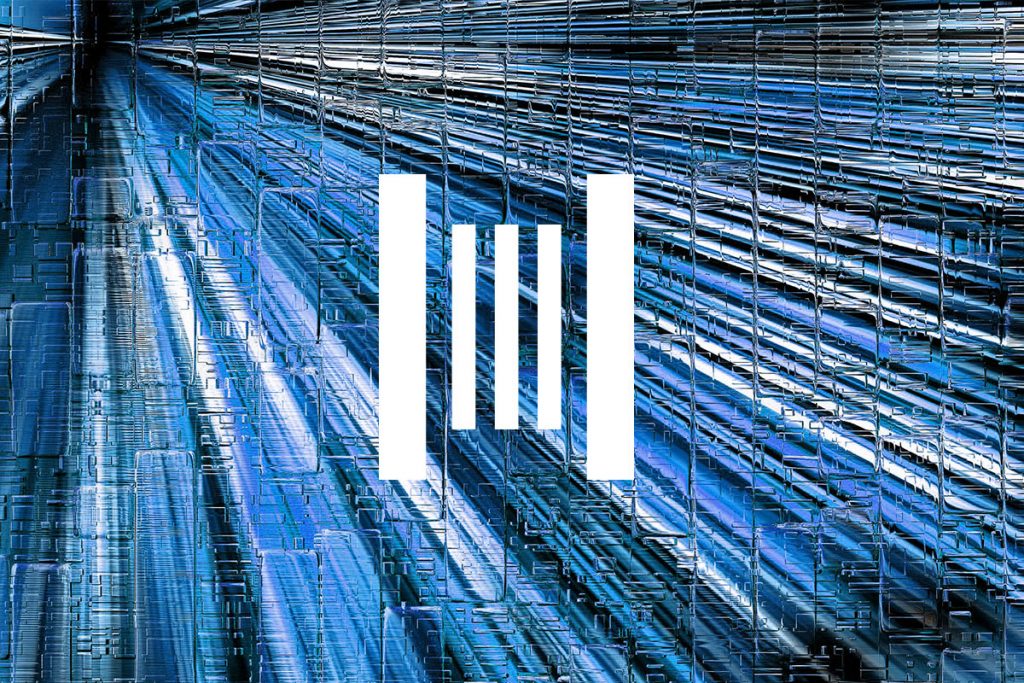
Type of training:
Next Date:
Duration:
Fee:
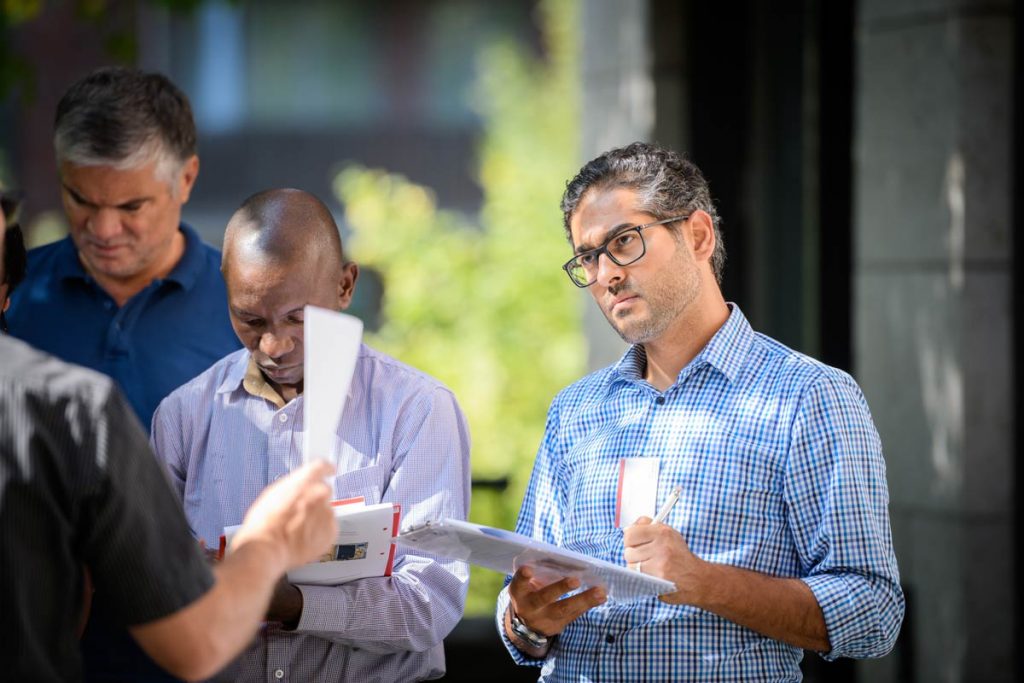
Type of training:
Next Date:
Duration:
Fee:

Type of training:
Next Date:
Duration:
Fee:
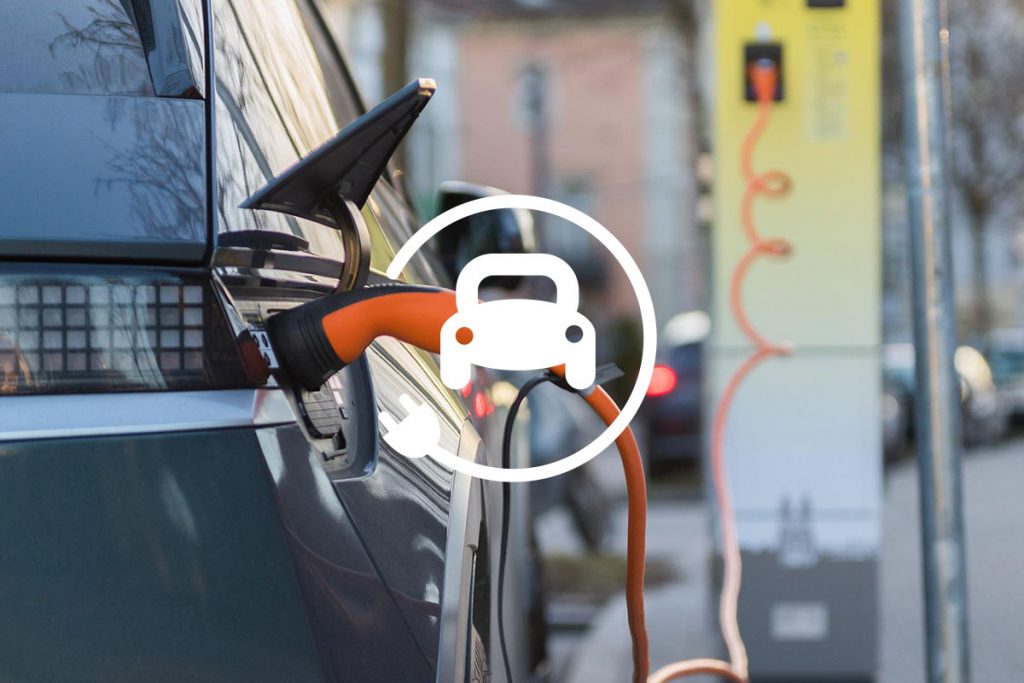
Type of training:
Next Date:
Duration:
Fee:

Type of training:
Next Date:
Duration:
Fee:

Type of training:
Next Date:
Fee:

Type of training:
Next Date:
Duration:
Fee:
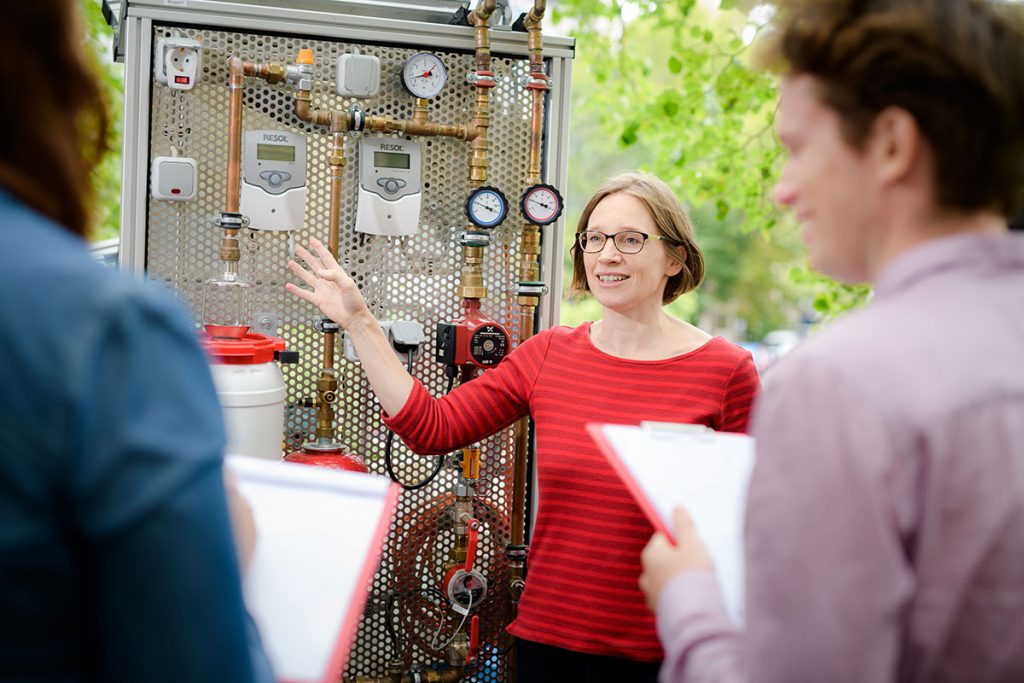
Type of training:
Next Date:
Duration:
Fee:

Type of training:
Next Date:
Duration:
Fee:
© 2024 | Renewables Academy (RENAC) AG
